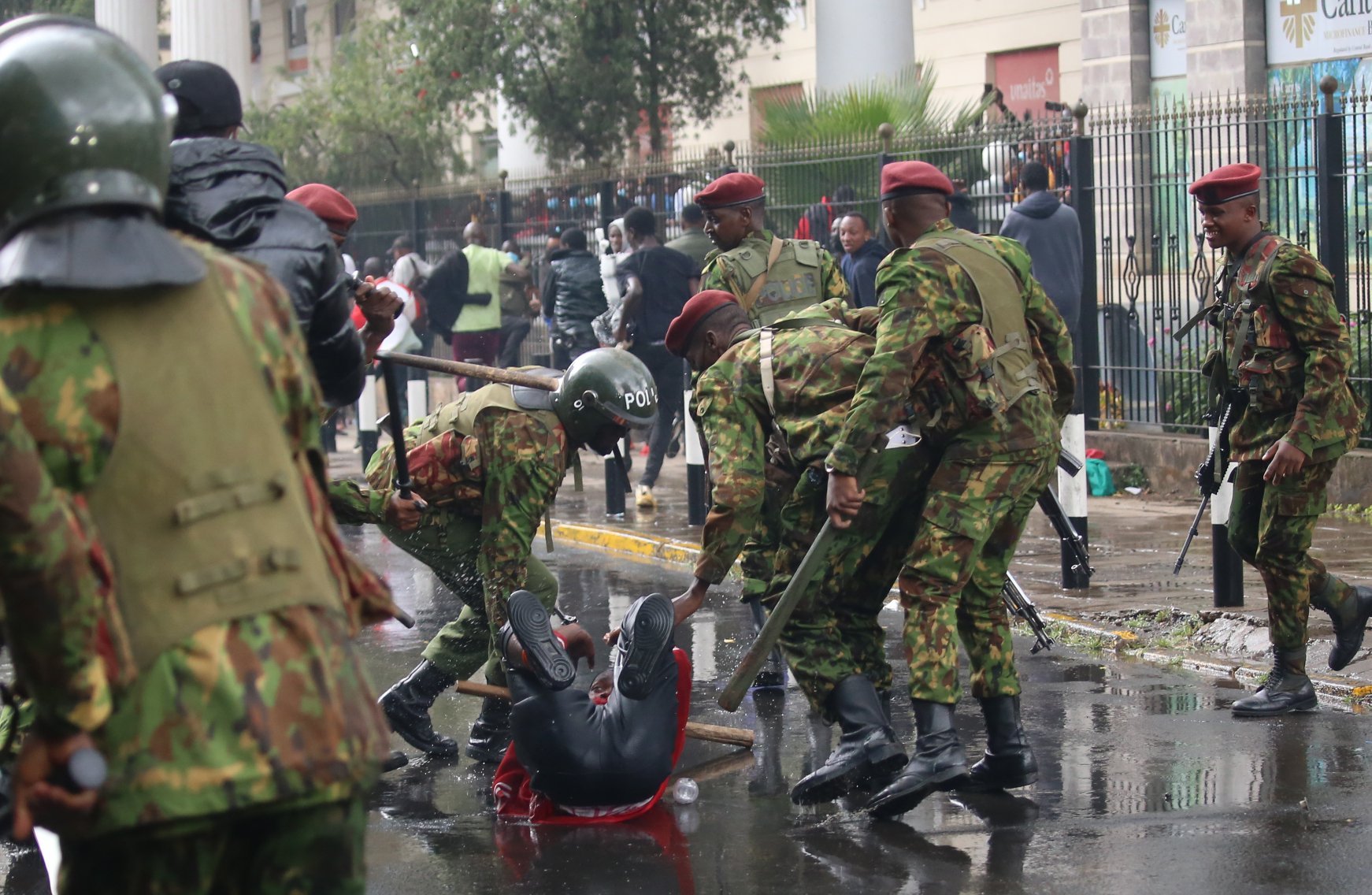
Benjamin Rukwengye
Around mid-June/July 2021, my friend, the indefatigable Agather Atuhaire, was in a bitter fight with the Law Development Centre (LDC). Her conscience is something that worries many of us and it is something that we have talked about before. But everyone is born for a purpose and Agather’s is to bring discomfort to the untouchables.
Until then, the LDC had been this all-powerful and untouchable school that nobody dared question – even when it continued to operate in error. But not Agather. She dared tread where others who had gone before hadn’t or warned her not to. And she won.
But she wasn’t alone. Alongside her was an army of Gen Z law students who were aggrieved by the institution’s impunity and unlike their predecessors, were willing to take the behemoth on. I remember writing about the inevitable emergence of Gen Z in spaces that were previously gate-kept.
Whereas Agather is a Millenial, I was mostly conscious of the fact that ultimately, a ‘Kamanda” is only as good as their foot soldiers. Without them, you are no different from Abed Bwanika and Mabikke, who lead political parties with no known members.
Another friend, Edgar Mwine has gained notoriety for calling out the “Amin Era Kids” for perpetrating the malaise that Uganda currently faces. Evidently, Frantz Fanon was right when he said “Each generation must, out of relative obscurity, discover its mission, fulfill it, or betray it.”
The argument is that the Amin Generation has betrayed its mission – and risks plunging the country into the same dark ages in which they were born. Millennials and Gen Z will not allow it. Thankfully, there are lots of Amin-era kids willing to lend a hand and offer direction.
While the average Ugandan is only 16 (19 for Africa), the average age of those holding the levers of power is about two to three generations removed from their citizenry. In some countries, the difference is up to seven or eight decades. So, as things stand, there is an ongoing generational contestation that rears its head every so often everywhere you look, home and away.
The fight is over ideas. It is about the future. It is about quality of life. It is about dreams and aspirations. The fight is between who is looking at the sky and wondering what could be and who doesn’t see the possibilities because they are concerned with what is. It is between those who insist that there is enough for everyone’s needs versus leaders driven by greed.
The latest exhibition of this contestation is happening next door in Kenya where young people have taken on the government and its ill-advised Finance Bill, and won. It has taken needless violence, the unfortunate loss of lives, injuries, and destruction of property, but that is what happens when obdurate governments and those who run them refuse to read the room.
If the last couple of days are anything to go by, it was clear that only one side was going to back down – and it wasn’t the protestors. Something drastic happens to one’s mind and psyche when they are made to believe that their life isn’t worth much. And that is what these governments have done with their refusal to invest in hospitals, schools, safe roads, a sound business environment, and respect for human rights, dignity, and the sanctity of life.
Something happens when you know that your life could get taken away in a moment and there would be no repercussions. Something happens when you realise that your leaders don’t give a damn about you and your future and all they care about is how to use you to enrich themselves. And that is what has happened.
Even more sobering is the fact that, unlike their predecessors, Millenials and Gen Z don’t play well with respectability politics. You might have noticed from the exhibitions on Uganda’s Twittersphere, that there are no holds barred.
Whoever deserves it is getting it. It is only a matter of time before those who don’t have the savviness of technology or the refinement and decorum that the internet requires, find their own (crude) means to express themselves.
What we can predict for sure is that we shall see a lot more of what is happening in Kenya play out everywhere else. For countries like Uganda where systems have been overridden and their legitimacy eroded, there is no telling how this story will end.
Mr Rukwengye is the founder, Boundless Minds
@Rukwengye

